YOU ARE BOUVÉ

Video: Mount Washington Training
Push the boundaries of your career and explore the challenges of applying your expertise in extreme environments. The graduate certificate in Extreme Medicine prepares medical professionals of all types who are interested in providing lifesaving care and leadership in austere emergency situations, including wilderness, disaster, and humanitarian settings.
This unique program is a partnership with World Extreme Medicine, the world’s leading provider of education, conferences, consultancy, and medical cover in extreme medicine. Every year, they help thousands of healthcare workers push the boundaries of their abilities, enabling them to thrive and deliver care in remote, austere, and hostile environments.
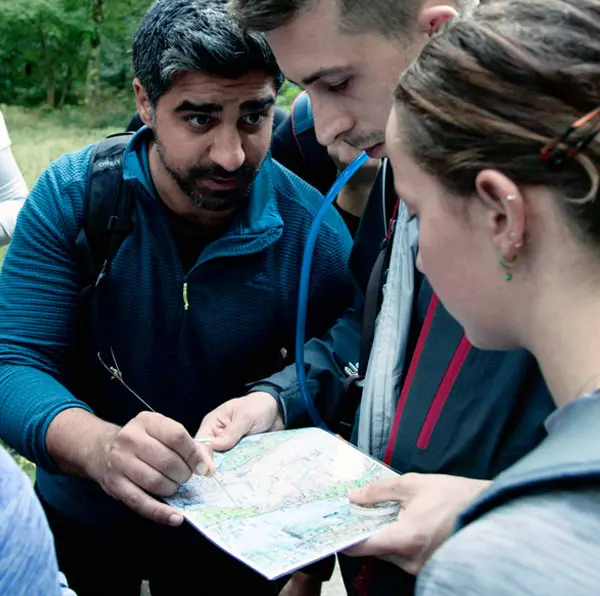
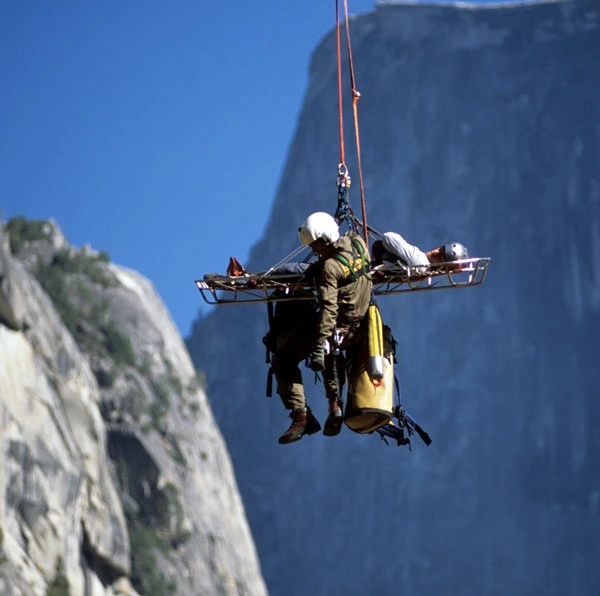
The Extreme Medicine certificate program is intended for working healthcare professionals around the globe. It combines one or more in-person experiences with asynchronous courses allowing students to complete assignments on their schedule while meeting weekly assignment deadlines. The program provides the skills needed in an ever-evolving global climate through didactic courses that develop core competence in:
The Certificate in Extreme Medicine is an interprofessional program relevant to doctors, nurses, physician assistants, advanced practice providers, paramedics, psychologists, athletic trainers, public health professionals, and other medical professionals who work with teams in remote or austere environments, and who seek to improve clinical skills in everyday environments.
Degree type:
– Graduate Certificate in Extreme Medicine
This graduate certificate is a U.S. recognized degree
Study options:
– Full-time or part-time
Course format:
– Online, asynchronous classes
– Intensive, in-person multi-day experience and practicum course
Application deadline:
Fall deadline: Aug 1
Spring deadline: Dec 1
GRE: Not required
F-1 Eligibility:
As this program is completed online, Northeastern University cannot support students who require F-1 non-immigrant status to study within the United States. Students who wish to pursue this program from their country of residence are welcome to apply.
This is a 4-course, 12-credit online certificate program that can be augmented through an operational experiential practicum in partnership with World Extreme Medicine.
MSCI 5403 Expedition and Wilderness Medicine
The Expedition and Wilderness Medicine course is designed as the most comprehensive introductory training course available to medical professionals, blending didactic lectures and hands-on practical skills essential to all expedition medics, including dentistry, tropical medicine, specific challenges within hot and cold environments, mental health, and expedition planning.
Participants can choose 3 didactic courses OR 2 didactic and 1 experience course.
MSCI 5001 Human Factors and Situational Awareness (3 credits)
This course investigates the human factors and stressors that may be encountered by professionals engaged in expedition medicine and clinical practice. Several core concepts are explored, including collaboration and lateral thinking, time-pressured tasks, incentivizing, sleep deprivation, and debriefing. The course offers team-based activities that utilize didactics, group work, and gaming to accomplish an array of tasks.
MSCI 5002 Crises Resource Management and Case Studies (3 credits)
This course investigates the history of crisis resource management, reviews the characteristics of high-performance teams, and explores expectation violation, surprise, and cognitive bias. It also investigates cognitive offloading, clinical decision making, and methods for debriefing, mitigation, and planning.
MSCI 5003 Humanitarian Practice and Principles (3 credits)
This class explores the principles and concepts of the provision of humanitarian aid and the context of humanitarian crises using a case-based approach. It examines international organizational structure and non-governmental organizations as well as methods of deployments, communication, and longitudinal follow-through. The class also investigates safety issues and the ethics of humanitarian and disaster response.
MSCI 5004 Humanitarian Ethics (3 credits)
This course is dedicated to disaster and humanitarian response ethics, examining the basic tenets of and overarching ethical theories and principles. This framework will build on a case-based approach to some ethical issues that have emerged in humanitarian and disaster response, including medical tourism, lack of longitudinal care, and human trafficking.
(All experience courses couple with MSCI 5400 Experiential Reflections: Bridging Theory and Experience.)
MSCI 5401 Human Factors and Situational Awareness Practicum (2 credits)
This 4-day experiential course applies investigates human factors and stressors that may be encountered in expedition medicine and clinical practice. Several core concepts explored are collaboration and lateral thinking, time-pressured tasks, incentivizing, sleep deprivation, and debriefing. Students will be grouped in teams utilizing didactics, group work and gaming to accomplish an array of tasks.
MSCI 5402 Expedition Cold Weather Medicine Practicum (2 credits)
A multi-disciplinary team leads this course, combining medicine, cold weather, and wilderness environments to enhance clinical skills and insight into extreme medic work. This course provides excellent preparation for practicing medicine in extreme situations, whether in support of local adventures or long-term treks. The course involves group activities and simulations.
Participants must be medical or allied health professionals or students in the last 2 years of study in a medical or allied health professional program.
MSCI 5403 Expedition and Wilderness Medicine Practicum (2 credits)
MSCI 5405 Humanitarian Medicine Practicum (2 credits)
Learn more about World Extreme Medicine.
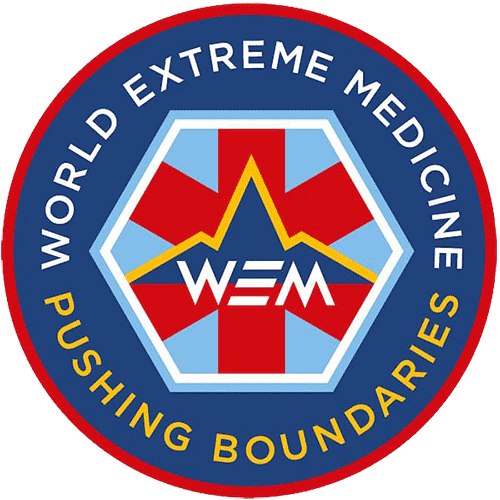
This certificate entitles you to a free year’s membership with World Extreme Medicine (WEM), which includes:
Unrestricted access to training – free entry to the complete library of World Extreme Medicine E-Learning
E-certificates – opportunities to earn continuing professional development credits through select webinars
Members-only invites – to special events for the WEM community.
Early access to job opportunities – via a priority job bulletin.
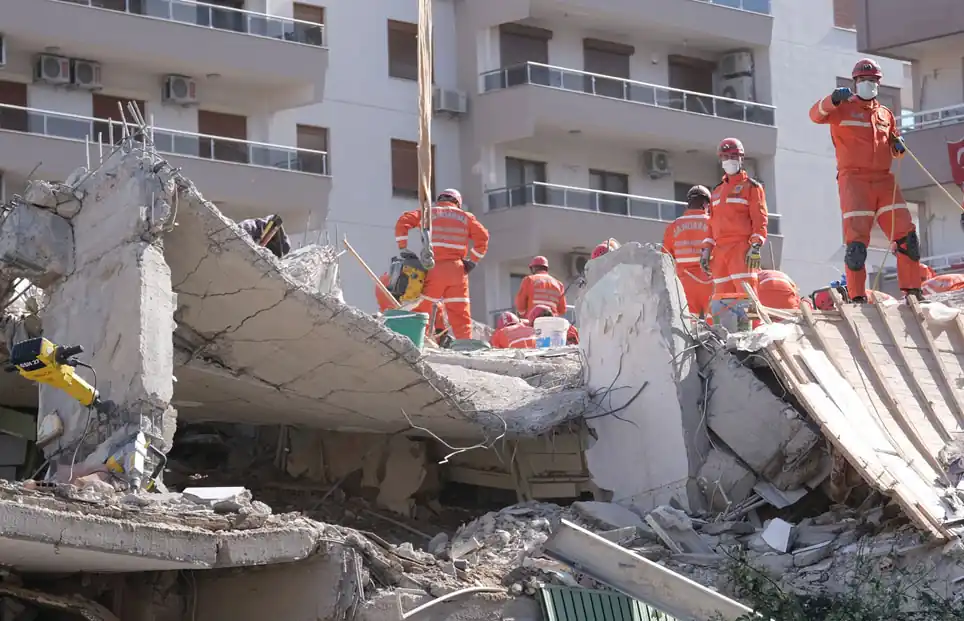
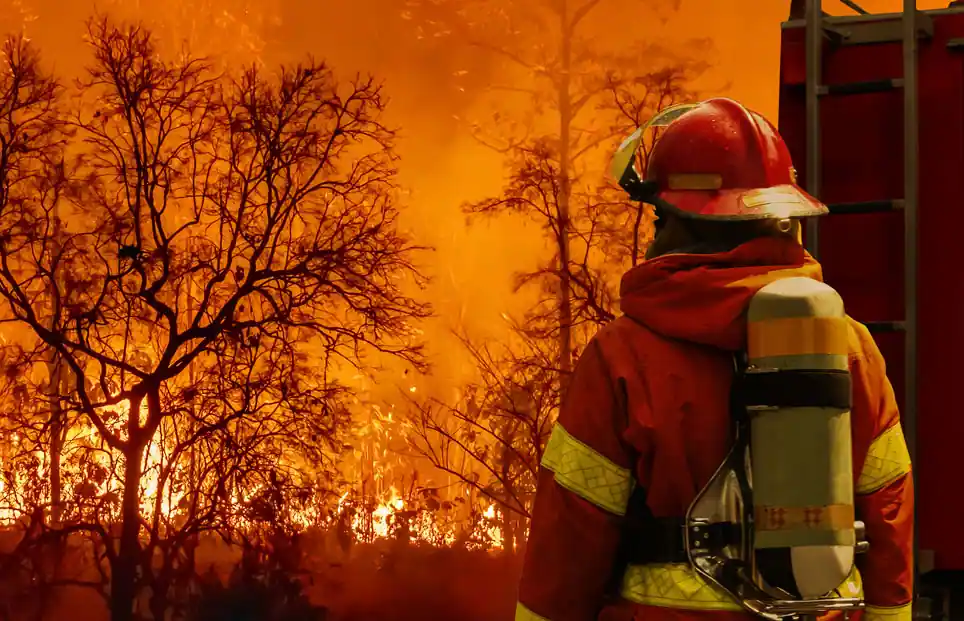
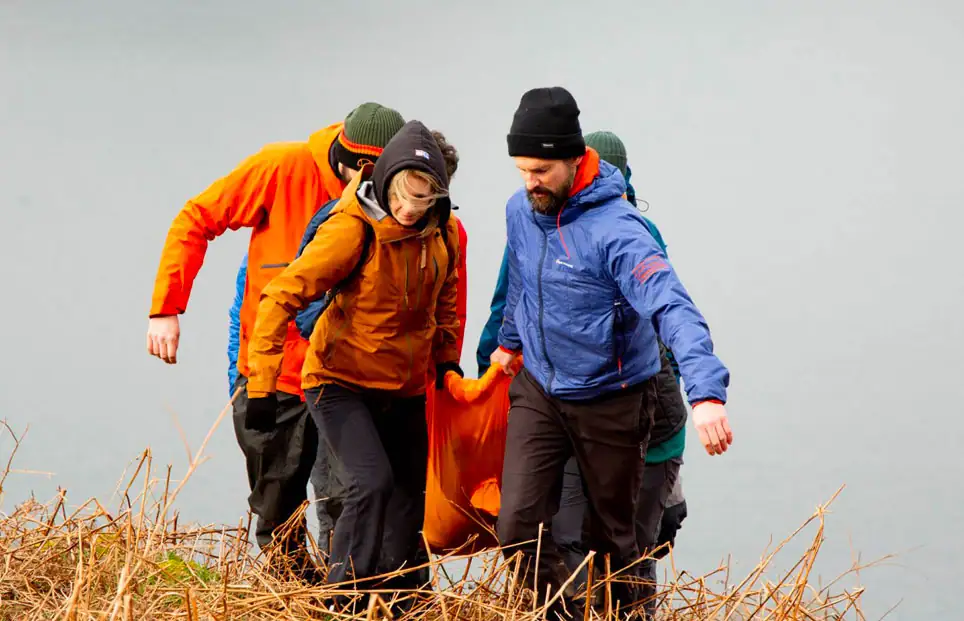
Our accomplished faculty come from a variety of diverse and complementary backgrounds. Learn more about them below.

Dr. Farkas is an Associate Professor of Surgery and Associate Director of Global Health in Surgery at Indiana University (IU) School of Medicine in Indianapolis. She holds several unique distinctions, including:
Dr. Farkas has crafted her career to focus on global cardiac surgery, having led or participated in over 50 humanitarian missions to improve access to cardiovascular care in Sudan, Nepal, Myanmar, Vietnam, Ghana, Mongolia, and others. Her recent recruitment to IU was centered on advancing cardiac surgery at the sister institution, Moi University in Kenya, through AMPATH (Academic Model Providing Access To Healthcare).
In her free time, Dr. Farkas has summited six of the Seven Summits, or the highest mountains on each continent, and has worked with the Himalayan Rescue Association at the emergency room located more than 18,000 feet above sea level on Mt. Everest. She holds certifications in wilderness, polar, and mountain medicine, and has been the lead Expedition Medic for multiple off-road rallies to raise money for charitable surgical missions in Europe, Mexico, Baja, West Africa, and the Sahara Desert.
In addition to serving on leadership committees and workforces for the Society of Thoracic Surgeons, she is an associate editor for the Cardiothoracic Surgery Network, faculty for World Extreme Medicine through the University of Exeter, U.K., and inaugural faculty for the graduate certificate in Extreme Medicine at Northeastern University in Boston. She serves as a member of the Board of Trustees for the U.S.-based nongovernmental organizations CardioStart International and Hopecam, and is on the Board of Directors for the Italian charity Emergency International.
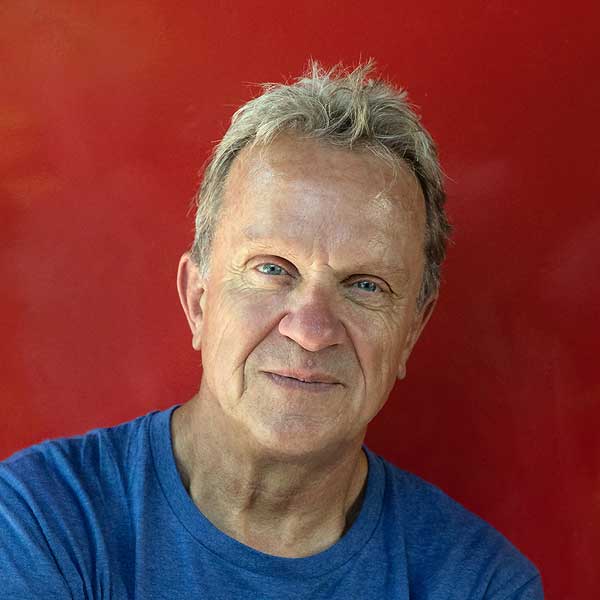
Adventurer, pioneer, entrepreneur, founder, leader, and innovator.
In 2002, Mark Hannaford founded World Extreme Medicine, a global network delivering world-leading medical training and expertise in the world’s most extreme environments.
In 1996, Mark set up Across the Divide, an adventure challenge expedition company that enabled tens of thousands of people to experience the thrill of being part of an expedition as well as facilitating the raising of £103M/$132M for a multitude of worldwide charities.
These events brought home the need to train medics in care provision in extreme environments, and a few years later Mark created World Extreme Medicine, a global platform that has since trained over 20,000 medics in extreme medicine.
Mark’s leadership has also delivered the first Master of Science degree in extreme medicine and the world’s only extreme medicine annual conference.
In 2022 he founded Medics4Ukraine, which has raised over $3.7M and growing, delivering trauma supplies to frontline medics, and trained more than 450 medics in tactical combat casualty care.
In recognition of his commitment to extreme medicine, Mark was awarded an honorary Doctorate in Science in 2021 by the University of Exeter in the U.K.
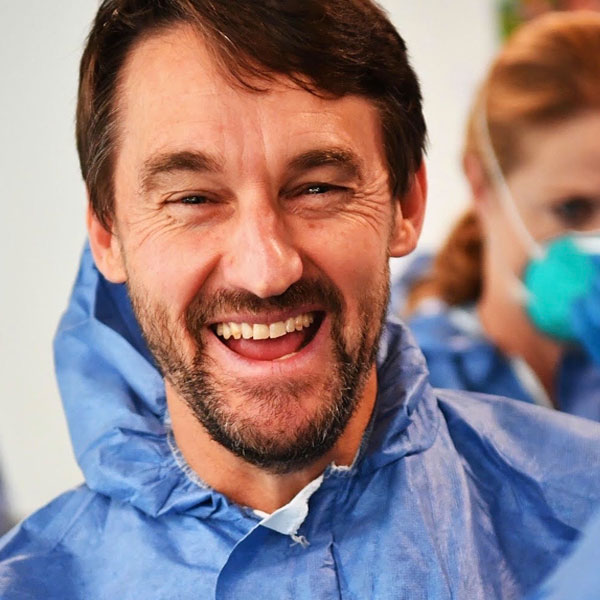
Dr. Gavin Macgregor-Skinner has more than 30 years of technical and policy experience in responding to infectious disease outbreaks and international humanitarian emergencies. He has led teams to help respond to outbreaks in West Africa for Ebola, Afghanistan for Anthrax, Indonesia for bird flu (H5N1), and Papua New Guinea for multi-drug resistant tuberculosis.
During the COVID-19 pandemic, he led teams to provide “just-in-time” training on infection prevention and control, cleaning and disinfection, and safe working practices for frontline workers in 16 U.S. states and Hong Kong, in hospital emergency departments, assisted-living and nursing homes, convention centers, airports, stadiums, and for public transport workers, hotel staff, and other essential employees. He has served on COVID-19 medical advisory committees for American Airlines, Port Authority Of New York and New Jersey, Hyatt Hotels, International Association of Venue Managers, American Association of Airport Executives, and NFL and NBA teams including the Dallas Cowboys, Miami Dolphins, and Los Angeles Lakers.
Dr. Macgregor-Skinner is an associate professor in the Department of Public Health Sciences at Penn State College of Medicine and teaches three 15-week graduate courses in public health preparedness for disasters and terrorist emergencies. In 2014, he received the Dean’s Award for Excellence in Teaching.
Dr. Macgregor-Skinner has appeared on CNN, Fox News, BBC, Canada CTV, Australia ABC, C-SPAN, and other news outlets, sharing his expertise on high-consequence pathogens preparedness and response. He served 12 years as an officer in the Australian and British militaries, and was an epidemic intelligence service officer at the U.S. CDC in Atlanta, Georgia, and a global health fellow with the United States Agency for International Development in Washington, D.C.
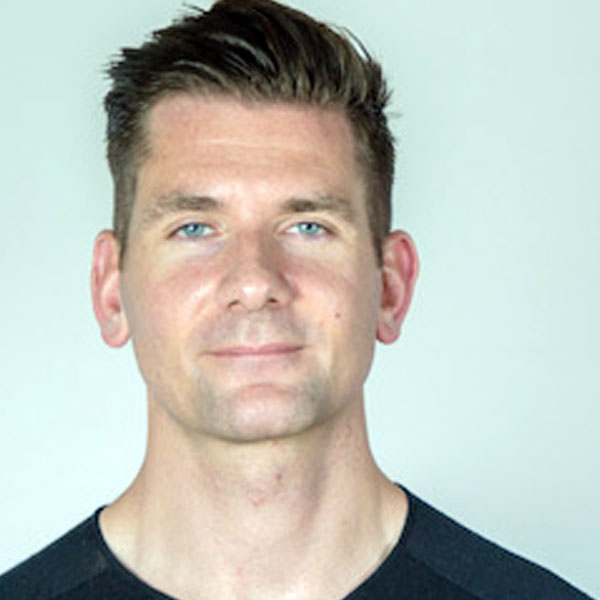
Eoin Walker has been a qualified paramedic since 2004 with London Ambulance Service. He was a flight Paramedic from 2009-2019 in London and 6 years as a ground-based critical care paramedic. He has also recently worked for the Red Cross as a pre-hospital delegate in Cairo, Nairobi, and Somalia.
Eoin currently works as a senior product manager for Philips/RDT/Tempus Pro. His first-hand experience with human factors and leadership has become both a passion and a focus of work within the pre-hospital practice domain, leveraging safe work practices.
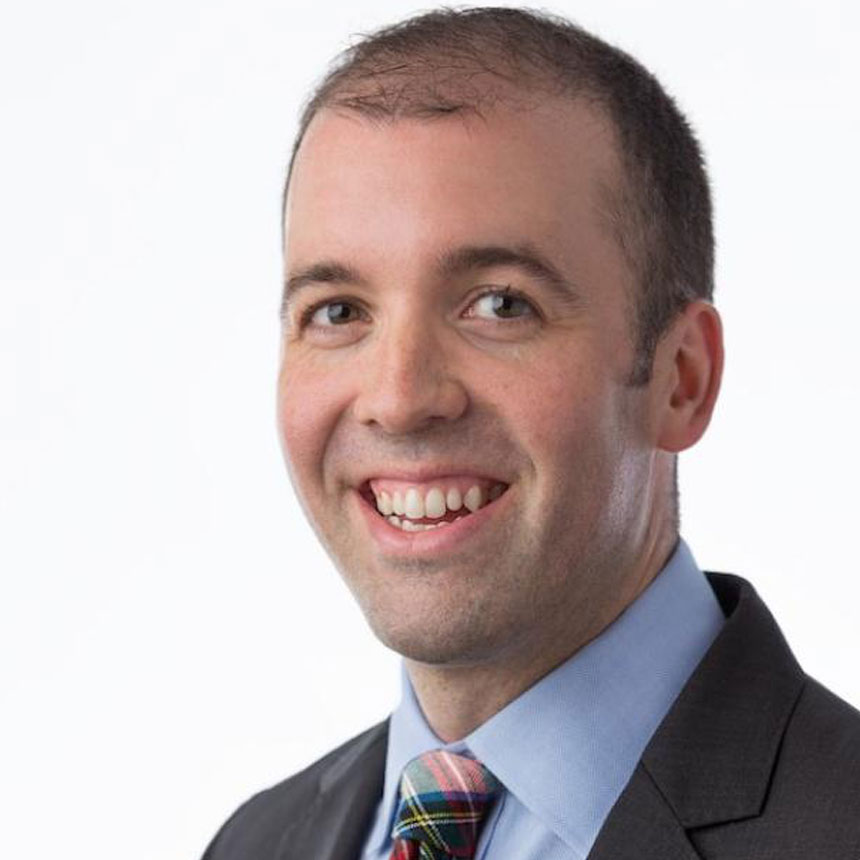
Professor Merson is the Program Director for the Extreme Medicine Certificate Program, an Associate Clinical Professor in the Department of Medical Science, and a clinically practicing physician assistant.
Dr. Merson brings extensive experience from his work in ambulance services, hospital settings, and disaster response environments. He serves as a physician assistant with the National Disaster Medical System (DMAT MA-1), and as the Training and Exercise Officer and Deputy Commander for a hospital-based regional disaster team. He has also works with multiple international non-profit organizations and currently practices internal medicine/telemedicine with Massachusetts General Hospital.
His areas of expertise include disaster and humanitarian responder safety, emergency preparedness, and best practices in education. Dr. Merson earned his MS from the University of New England, MS-HPEd from the MGH Institute of Health Professions, and DMSc from Lynchburg University. He holds additional board certification as a National Healthcare Disaster Professional from the ANCC, a Certificate of Added Qualification in Emergency Medicine from the NCCPA, is a Certified Healthcare Simulation Educator through SSIH, and earned the distinction of Distinguished Fellow of the American Academy of PAs.
Dr. Merson has published and presented locally, nationally, and internationally on topics ranging from emotional intelligence in teams, environmental emergencies in the hospital setting, to infectious disease management in the field.
Applicants must have a baccalaureate degree or equivalent.
Undergraduates and those with professional certifications may take courses for credit but are not eligible for the graduate certificate.
To apply, applicants must also have the following:
(* – Transcripts from outside of the United States will require a course-by-course evaluation from WES or ECE.)
Please reach out to us.
Josh Merson, DMSc, MS-HPEd, PA-C, NHDP-BC
Program Director
